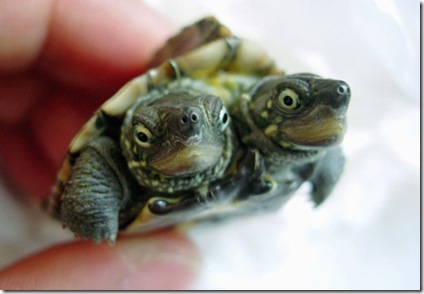Sea turtles are highly migratory and utilize the waters of more than one country in their lifetimes. Thus, sea turtles are shared resources among many nations. Loggerhead, Green, Leatherback, and Hawksbill sea turtles regularly nest on beaches within the U.S. and all depend upon U.S. coastal waters for foraging and migratory habitat during certain stages of their life history. The Kemp's Ridley sea turtle, which occasionally nests in the U.S., is dependent on the shallow coastal habitats of the U.S. east coast and the Gulf of Mexico for foraging and developmental habitat. However, all of these species migrate outside U.S. boundaries during their lifetimes. In addition, the Olive Ridley sea turtle does not nest in the U.S., but during feeding migrations, Olive Ridley turtles nesting in the Pacific may disperse into waters of the southwestern U.S., occasionally as far north as Oregon. Because sea turtles are shared resources,
 big turtle
big turtle turtle pics
turtle pics turtle
turtle turtle sex
turtle sex water turtle
water turtle turtle two head
turtle two head turtle
turtle turtle pics
turtle pics turtle
turtle
No comments:
Post a Comment